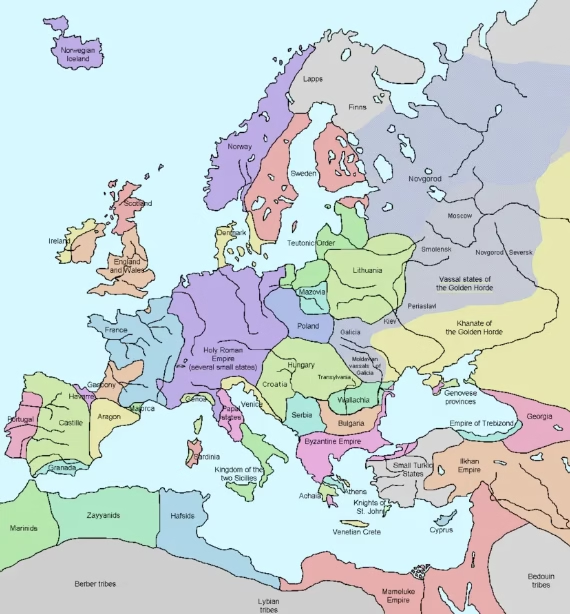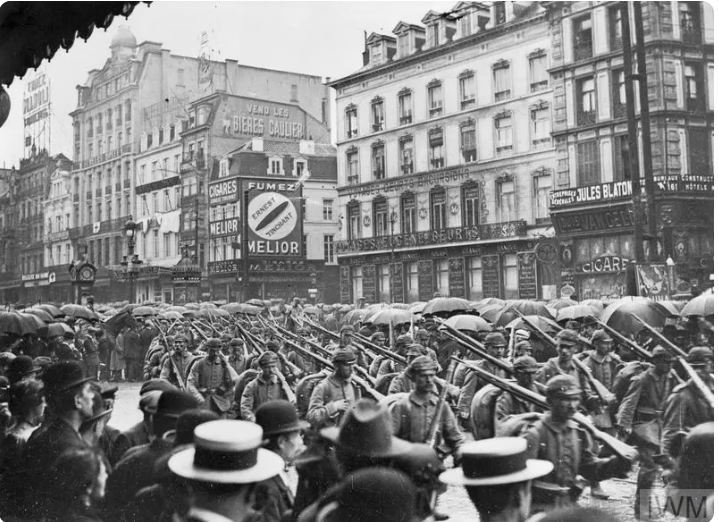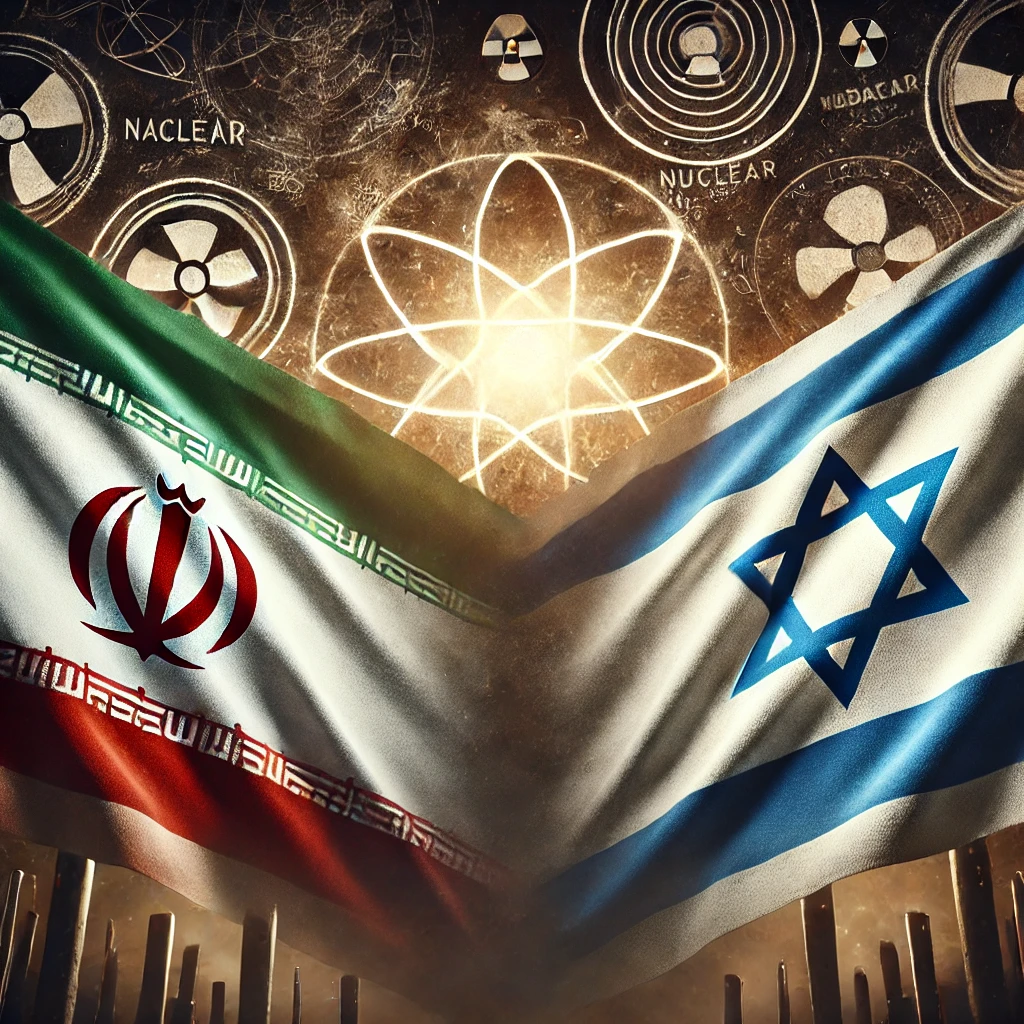Explore the European Civil War, its causes, key events, and lasting impact. A must-read historical analysis.
Introduction
The term European Civil War is often used to describe the series of conflicts that engulfed Europe from 1914 to 1945, including World War I, World War II, and the ideological struggles between fascism, communism, and democracy. This period reshaped the continent, leading to profound political, social, and economic transformations. In this article, we explore the key causes, major conflicts, and long-term consequences of the European Civil War.
Causes of the European Civil War
- Nationalism and Imperialism – Rising nationalist sentiments and imperial rivalries fueled tensions across Europe.
- Economic Crises – The Great Depression and post-war economic instability led to social unrest.
- Political Ideologies – The battle between democracy, fascism, and communism heightened conflicts.
- Treaty of Versailles (1919) – Harsh reparations on Germany sowed resentment, leading to future conflicts.
Major Conflicts Within the European Civil War
1. World War I (1914-1918)
World War I was a result of deep-seated national rivalries, alliances, and the assassination of Archduke Franz Ferdinand. The war ended with the Treaty of Versailles, setting the stage for future turmoil.
2. Spanish Civil War (1936-1939)
A precursor to World War II, the Spanish Civil War saw a struggle between fascists, led by Franco, and republicans. It became a battleground for the larger ideological conflict brewing in Europe.
3. World War II (1939-1945)
World War II was the most devastating conflict in human history. Adolf Hitler’s expansionist policies led to a full-scale war involving almost every European nation. The war ended with the defeat of the Axis powers and the emergence of the Cold War.

Consequences and Legacy
- Rise of the Cold War – Europe became divided between the Eastern Bloc (Soviet Union) and Western Bloc (United States and its allies).
- Formation of the European Union – The EU was established to prevent future conflicts and promote economic cooperation.
- Decolonization – European empires weakened, leading to independence movements worldwide.
- Economic Reconstruction – Initiatives like the Marshall Plan helped rebuild war-torn economies.
Conclusion
The European Civil War, spanning both World Wars and numerous internal struggles, profoundly changed the continent. It reshaped borders, political ideologies, and international relations. Understanding this period is crucial to appreciating modern Europe’s peace and unity efforts.
💡 What are your thoughts on the European Civil War? Share your insights in the comments!
FAQs
1. Why is the period 1914-1945 called the European Civil War?
Historians argue that the interconnected nature of World War I, interwar conflicts, and World War II makes this period a prolonged internal European struggle.
2. How did the European Civil War impact modern Europe?
It led to the Cold War, European integration, and major political shifts across the continent.
3. What lessons can we learn from the European Civil War?
It highlights the dangers of extreme nationalism, economic instability, and ideological extremism.


